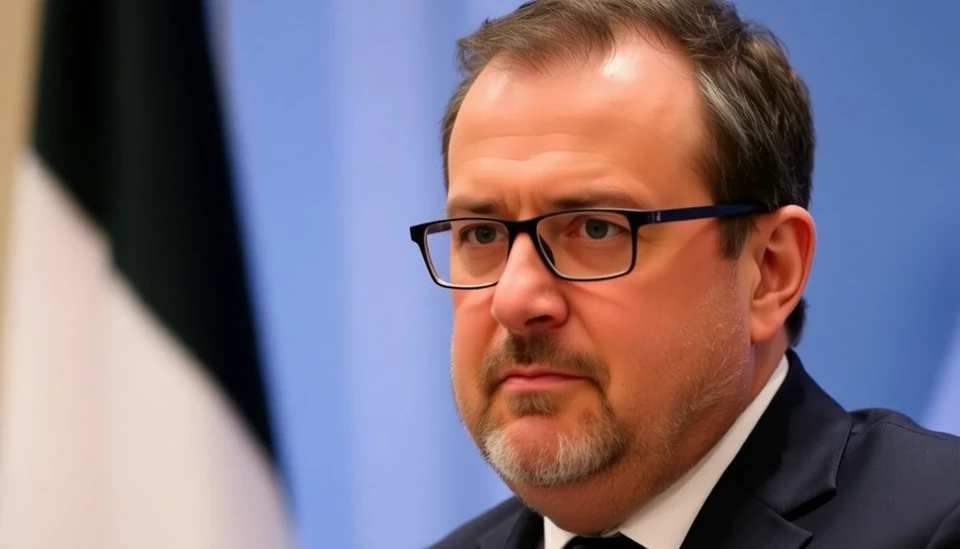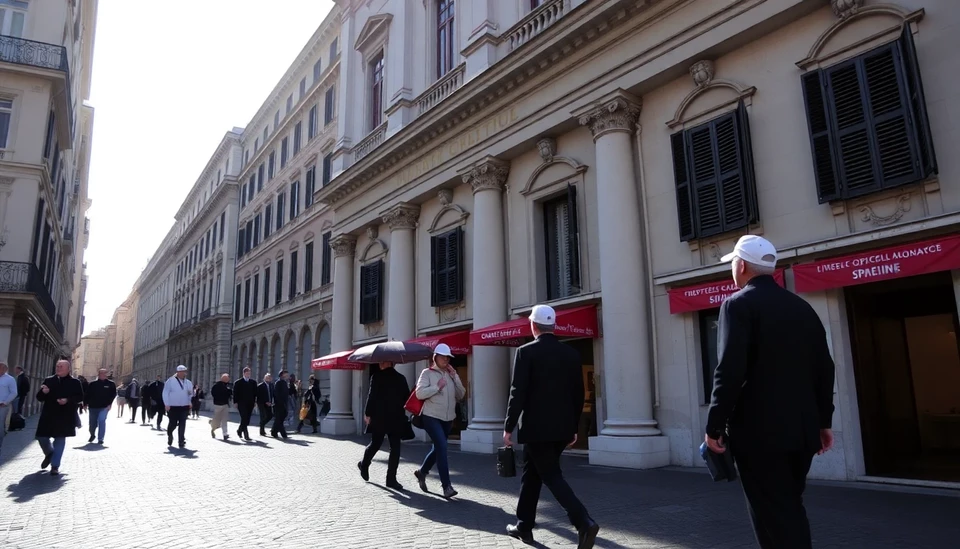
In a significant legal development, Italy’s Deputy Prime Minister Matteo Salvini has been acquitted in a high-profile case that centered on his handling of migrants while in office. The court's verdict marks a pivotal moment for Salvini, who has long been a controversial figure in Italian politics due to his hardline stance on immigration.
The trial, which attracted widespread attention, revolved around an incident in July 2019 when Salvini, then serving as Interior Minister, refused to allow a migrant rescue ship, the Open Arms, to dock in Italy. The ship had been stranded with over 100 migrants on board for several days, prompting humanitarian organizations and international observers to criticize the situation as a violation of basic human rights.
Salvini faced accusations of illegal detention and abuse of power stemming from this decision. The prosecution argued that his actions not only jeopardized the lives of vulnerable individuals seeking asylum but also contravened Italy’s obligations under international law.
Throughout the trial, Salvini maintained that his actions were justified under national security concerns and that he was acting in the best interest of the Italian people. His defense included a narrative that painted the rescue operations as enabling human traffickers and unnecessarily burdening Italy's resources.
The court’s decision to acquit Salvini was hailed by his supporters as a victory for national sovereignty and a validation of his policies aimed at curbing illegal immigration. In the wake of the ruling, Salvini expressed relief and reiterated his anti-immigration stance, pledging to continue his efforts to secure Italy's borders. He characterized the outcome as a triumph over what he referred to as "judicial persecution" aimed at undermining his political agenda.
However, the acquittal also sparked a backlash from human rights advocates and opponents of Salvini's policies. Critics argue that the ruling sets a dangerous precedent regarding the treatment of migrants and the obligations of government officials to uphold human rights. They argue that the safety and dignity of individuals seeking asylum should not be sacrificed in the name of national security.
This case not only reflects the ongoing tensions within Italy regarding immigration policies but also signifies a broader challenge faced by European nations grappling with the complexities of migration. The acquittal of a senior political figure like Salvini may bolster similar ideologies across the continent, as right-wing political movements gain traction in various countries.
As the political landscape in Italy continues to evolve, the implications of this ruling are likely to reverberate in future policy decisions and electoral campaigns, particularly as the country approaches regional elections in 2024. Observers of Italian politics will be keenly watching Salvini's next moves, as he seeks to solidify his position within a government that has often been divided on issues of immigration and asylum.
In conclusion, Matteo Salvini's acquittal reflects both the complexities of immigration law and the volatile political climate in Europe, where debates over national security and human rights remain at the forefront of public discourse.
#MatteoSalvini #Italy #MigrationPolicy #HumanRights #Immigration #Politics #OpenArms #CourtRuling #EuropeanPolitics #DeputyPrimeMinister
Author: John Harris

